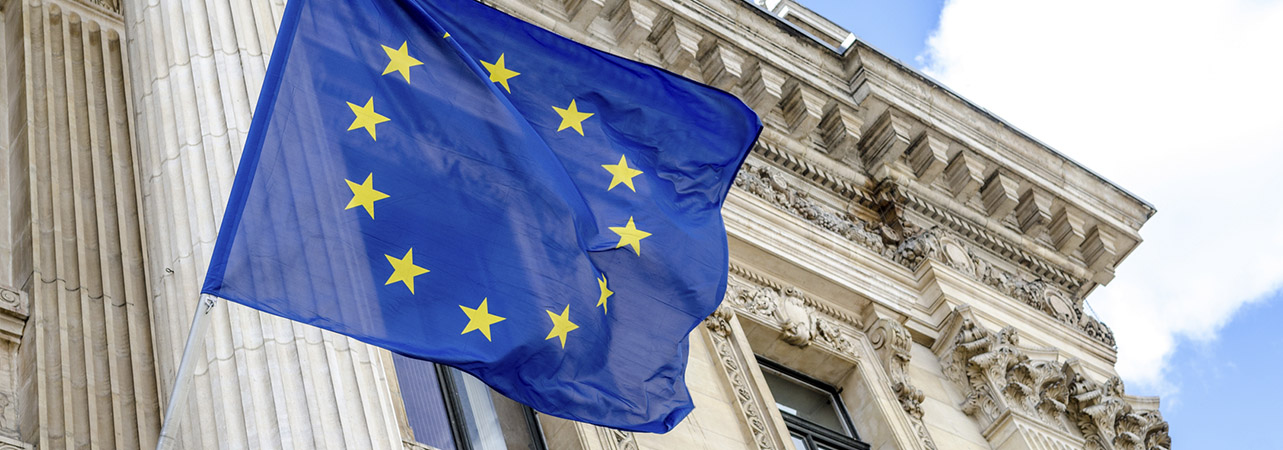Following the easing of lockdown measures, the eurozone is experiencing its strongest surge in demand for goods and services in almost 15 years. However, companies are struggling to keep up with demand, and the imbalance between demand and supply is driving up prices at a rate last seen in 2002.
- The European Commission upgraded its economic forecasts
- Germany’s economy shrank by 3.1% YoY in Q1
- Input prices surged
To view the series of market updates through May, click here
Following the easing of lockdown measures, the eurozone is experiencing its strongest surge in demand for goods and services in almost 15 years. However, companies are struggling to keep up with demand, and the imbalance between demand and supply is driving up prices at a rate last seen in 2002. According to IHS Markit, average input prices rose at their fastest pace since March 2011 during May, and growth in services sector costs also accelerated.
“After a weak start to the year, we project strong growth in both 2021 and 2022”
While the manufacturing sector is leading the recovery and expanding at a “near record pace”, activity in the services sector has also surged. Although the rate of job creation continued to run close to its highest level in around two years, it eased slightly in response to difficulties in filling job vacancies. Looking ahead, the data indicate a “sharp acceleration” in economic growth in the region during the second quarter. During May, Germany’s Dax Index rose by 1.9% while France’s CAC 40 Index climbed by 2.8%.
As the rollout of Europe’s Covid-19 vaccination programme continued to gain momentum, the European Commission increased its forecast for economic growth in the eurozone to 4.2% this year and 4.4% next year. EU Commissioner Paolo Gentiloni commented: “The shadow of Covid-19 is beginning to lift from Europe’s economy. After a weak start to the year, we project strong growth in both 2021 and 2022”. Nevertheless, he also warned that, although a premature withdrawal of policy support could jeopardise the region’s economic recovery, a delayed withdrawal could create market distortions and prop up otherwise “unviable” companies. Inflation is forecast to increase to 1.7% in 2021 before moderating to 1.3% in 2022. In comparison, the European Central Bank’s (ECB’s) inflation target currently remains at “below, but close to, 2%”.
Germany’s economy suffered a significantly greater contraction during the first quarter of the year than the wider eurozone, according to data from Destatis. The German economy shrank at an annualised rate of 3.1% during the first three months of 2021, and by 1.8% quarter on quarter, whereas the eurozone’s economy contracted by 1.8% and 0.6% respectively. Household spending in Germany posted a drop of 5.4% over the quarter and the savings ratio climbed to 23.2% as Covid-19 restrictions prevented consumers from spending. Exports rose by 1.8% and imports increased by 3.8%.
A version of this and other market briefings are available to use in our newsletter builder feature. Click here









